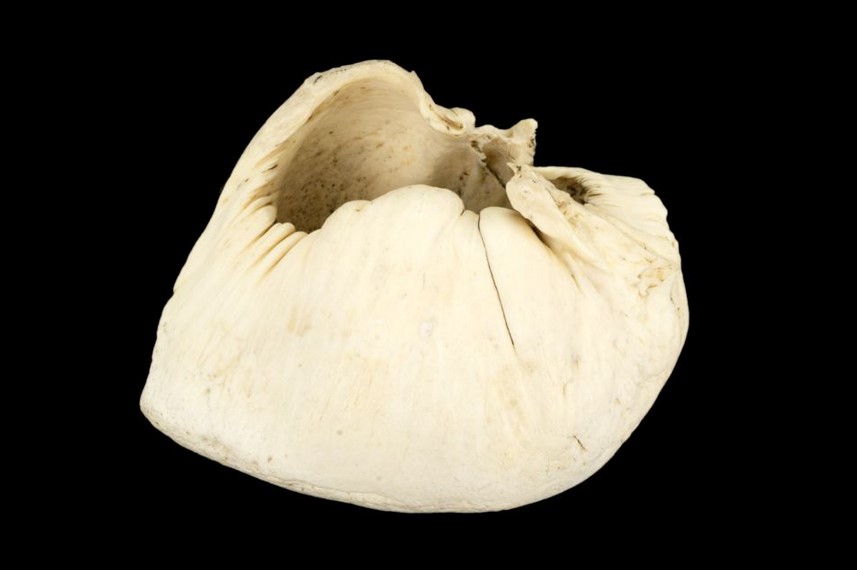
This is an emergency – I’m ready to make some noise about it!
I want to reduce the impact of my waste electrical and electronic equipment.
“I’m going to post on social media or write to my local newspaper explaining how to recycle electrionic waste in my local area, so other people feel more confident in taking this step.”
Spreading the word will really help. Zero Waste Scotland also has some tips on recycling your electronic gadets that may help.
I want to stand up for the ocean.
“I’m going to ask my elected representative to support a campaign to protect our ocean.”
You can find suggestions for getting started on a letter to your MP on the Hope for the Future website.
There are a whole range of campaigns for which you could advocate.
For staff and students at St Andrews:
- Transition run a range of campaigns and have a variety of initiatives you can get involved in.
- You can also support St Andrews Forest, which aims to offset carbon emissions from students travelling to and from the town.
For Scotland-based campaigns:
- Our Seas seek to change the way we fish in Scotland to create a more sustainable approach to seafood.
- Surfers Against Sewage campaigns to keep the ocean clean from pollutants.
For campaigns focussed on the UK:
- The Time is Now encourages the government to focus on greener practices.
- Stop Ocean Threads seeks to prevent microplastics from our clothes getting into the ocean.
If you want to focus more widely:
- Greenpeace have a range of campaigns, including one to encourage governments to agree a Global Ocean Treaty.
- We Move Europe are campaigning to ban certain destructive fishing practices.
Talking about climate change and the ocean is one of the most powerful actions that all of us can take. I want to use my voice to be a positive influence on other people.
“I’m going to start a conversation with my colleagues about Dive In!, what I’ve learnt about climate change and the ocean and what we can do at my work to make a difference.”
Great idea, but where do we start? Climate Outreach have some top tips on how to have a climate conversation.
The Calouste Gulbenkian Foundation also have a short guide on ‘How to Talk About the Ocean so that People will Listen’. You might find it helpful.
You can also find 20 Tips to make workplaces more sustainable from Greenpeace, a Green Office Guide from Zero Waste Scotland and How to Motivate your Workplace to Save Energy from Creative Carbon Scotland.
I want to consider the seafood choices that I make.
“I’m going to commit to buying only sustainable or high welfare seafood and to letting people in the shop, café or restaurant I’m buying from know that it’s important to me.”
To help, this guide to seafood labelling is worth a look. You can also find out more about which species are sustainable from the Marine Conservation Society or from the Sustainable Food Trust
I want to be more careful in the way I use energy.
“I’m going to find a scheme for wall and roof insulation and make the biggest change I can afford to save energy at home.”
Home Energy Scotland can help you find sources of funding as well as telling you different ways to save energy around the home.
I want to travel in a way that contributes less to climate change.
“I’m going to persuade my employer to sign up to the climate perks scheme, where staff who avoid flights receive extra annual leave to make up for the extra time required to travel overland.”
I want to eat more sustainably.
“I’m going to eat a plant-based diet for three months, and if I like it I’m going to keep going.”
The Sustainable Food Trust has lots to get you started.
You can also find Budget Vegan Recipes from the BBC.
The Guardian has a list of 14 things you need to know before you go vegan.

What will you do to help protect our oceans?
Share your pledge online with the hashtag #DiveInPledge. We’ll share some of them anonymously on this page.